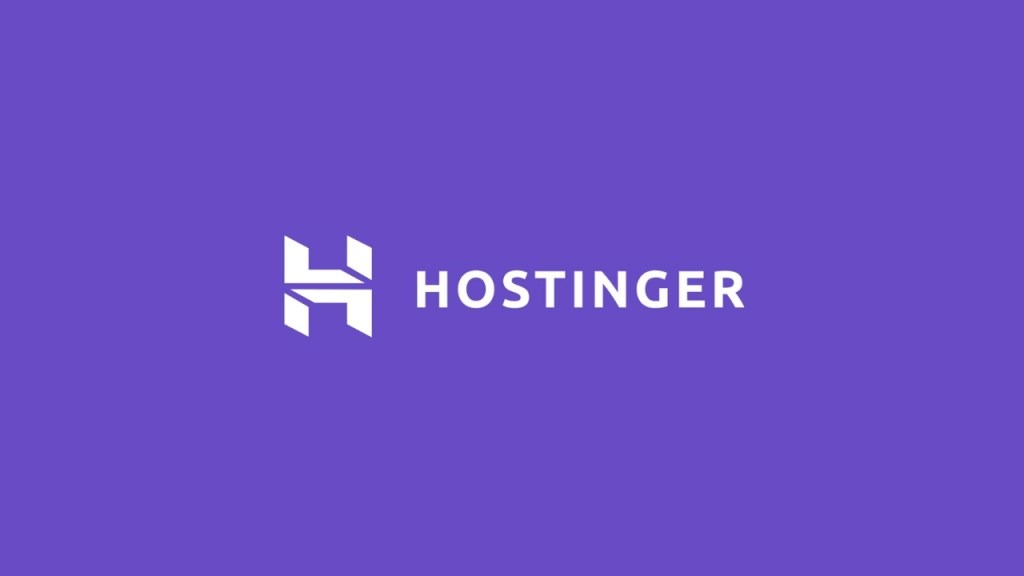Virtual private networks (VPNs) have become increasingly popular as a means of protecting online privacy and security. However, with both free and paid VPN options available, it can be challenging to determine which is the better choice.
Free VPNs: Pros and Cons
Free VPNs offer several advantages. They are readily accessible, often requiring only a few clicks to download and install. Additionally, they can provide basic protection against online threats, such as malware and phishing attacks.
However, free VPNs also come with limitations. They typically have smaller server networks, resulting in slower speeds and limited access to geo-restricted content. Moreover, free VPNs may collect and sell user data to third parties, compromising privacy.
Paid VPNs: Pros and Cons
Paid VPNs offer a more comprehensive set of features. They have larger server networks, ensuring faster speeds and wider access to geo-restricted content. Additionally, paid VPNs typically implement stricter privacy policies, protecting user data from unauthorized access.
However, paid VPNs come with a cost. Subscription fees can vary depending on the provider and the level of service offered. Additionally, some paid VPNs may offer additional features, such as ad blocking or malware protection, which may not be necessary for all users.
Choosing the Right VPN
The best VPN for you depends on your individual needs and budget. If you are primarily concerned with basic privacy protection and occasional access to geo-restricted content, a free VPN may suffice. However, if you require faster speeds, wider access to content, and enhanced privacy features, a paid VPN is a better choice.
Consider the following factors when choosing a VPN:
Server network: A larger server network provides faster speeds and wider access to content.
Privacy policy: Ensure the VPN has a strict no-logs policy to protect your data.
Encryption: Look for VPNs that use strong encryption protocols, such as AES-256.
Additional features: Consider features such as ad blocking, malware protection, and split tunneling.
Cost: Determine the subscription fee and compare it to the features offered.
Conclusion
Both free and paid VPNs have their advantages and disadvantages. By carefully considering your needs and budget, you can choose the VPN that best meets your requirements. Remember, the primary purpose of a VPN is to protect your online privacy and security. Whether you choose a free or paid VPN, ensure it provides the necessary level of protection for your sensitive data.
Q&A
Question 1: What are the main differences between free and paid VPNs?
Answer: Free VPNs typically offer limited data, slower speeds, and fewer server locations compared to paid VPNs. Paid VPNs provide unlimited data, faster speeds, more server locations, and additional features like ad blocking and malware protection.
Question 2: Which is better for basic online privacy and security?
Answer: Both free and paid VPNs can provide basic online privacy and security by encrypting your internet traffic and hiding your IP address. However, paid VPNs offer more robust encryption protocols and additional security features, making them a better choice for sensitive activities like online banking or accessing private information.
Question 3: When should you consider using a paid VPN?
Answer: You should consider using a paid VPN if you need:
Unlimited data and faster speeds
Access to a wider range of server locations
Enhanced security features like ad blocking and malware protection
Reliable and consistent performance
Customer support and technical assistanceConclusion:
The choice between a free VPN and a paid VPN depends on individual needs and priorities. Free VPNs offer basic protection and convenience, but they may have limitations in terms of speed, security, and privacy. Paid VPNs provide enhanced features, such as faster speeds, stronger encryption, and access to a wider range of servers. They also offer better customer support and are more reliable. Ultimately, the best VPN for you will depend on your specific requirements and budget.


